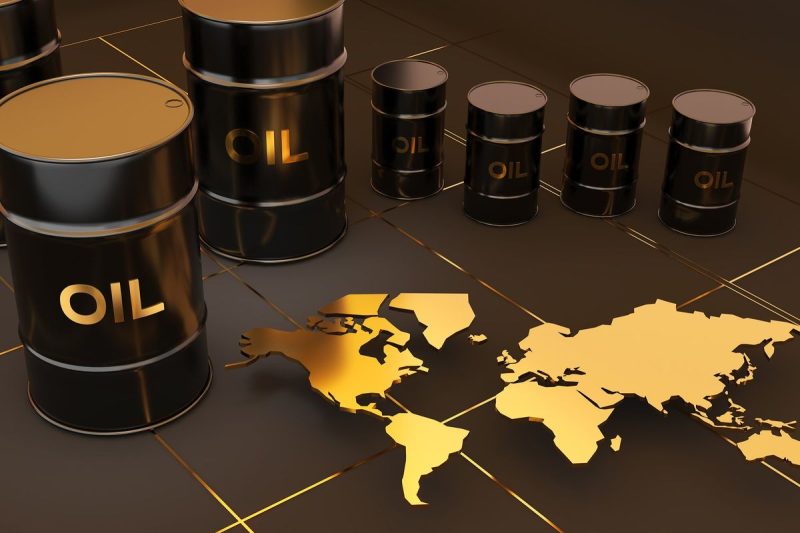Oil continues to play a critical role in the global economy, influencing not just energy prices but also geopolitical dynamics. As of 2024, several countries stand out as major producers of this valuable resource. Let’s explore the top ten oil-producing countries and delve into the factors driving their output levels.
1. United States
The United States has experienced a significant boom in oil production in recent years, driven primarily by advancements in technology such as hydraulic fracturing. This technological innovation has allowed the U.S. to ramp up production from shale formations, particularly in states like Texas and North Dakota.
2. Saudi Arabia
As the world’s largest exporter of oil, Saudi Arabia continues to be a dominant player in the global oil market. The country’s vast reserves and low production costs make it a key influencer in OPEC decisions and global oil prices.
3. Russia
Russia boasts extensive oil reserves, particularly in Siberia, and has consistently been one of the top oil-producing countries in the world. The country’s state-owned oil company, Rosneft, plays a major role in Russia’s oil industry.
4. Canada
Canada’s oil production is largely centered on its vast oil sands deposits in Alberta. While extraction from oil sands is more costly and environmentally intensive than conventional drilling, Canada remains a significant player in the global oil market.
5. China
China’s growing energy needs have driven its domestic oil production, although the country remains a net importer of oil. As the world’s largest importer of oil, China’s production levels have implications for global oil prices and trade dynamics.
6. Iraq
Despite years of political instability and conflict, Iraq remains a major oil-producing country due to its abundant reserves. The country’s oil industry has faced challenges related to infrastructure development and security concerns.
7. Brazil
Brazil’s offshore pre-salt reserves have positioned the country as a rising star in the oil industry. Investments in deepwater drilling technology have enabled Brazil to tap into these reserves, contributing to its status as a top oil producer.
8. Iran
Iran boasts some of the world’s largest oil reserves, making it a key player in global oil markets. However, geopolitical tensions and international sanctions have impacted Iran’s oil production and export capabilities in recent years.
9. United Arab Emirates
The United Arab Emirates, particularly the emirate of Abu Dhabi, is a significant oil producer in the Middle East. The country’s state-owned oil company, ADNOC, oversees a vast network of oil fields and infrastructure.
10. Kuwait
Kuwait’s oil industry is central to its economy, with oil revenues accounting for a large portion of the country’s GDP. The country’s oil sector is dominated by the state-owned Kuwait Petroleum Corporation (KPC).
In conclusion, the top ten oil-producing countries play a crucial role in shaping the global oil market and influencing energy security worldwide. Their production levels, technological advancements, and geopolitical dynamics all contribute to the complex and ever-evolving landscape of the oil industry.
